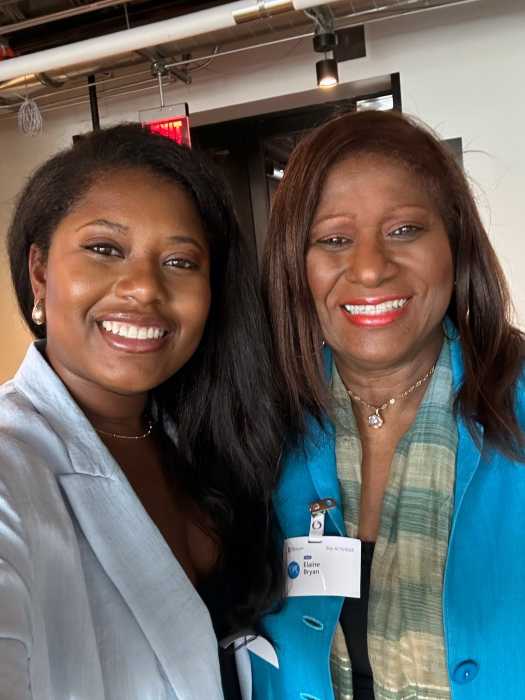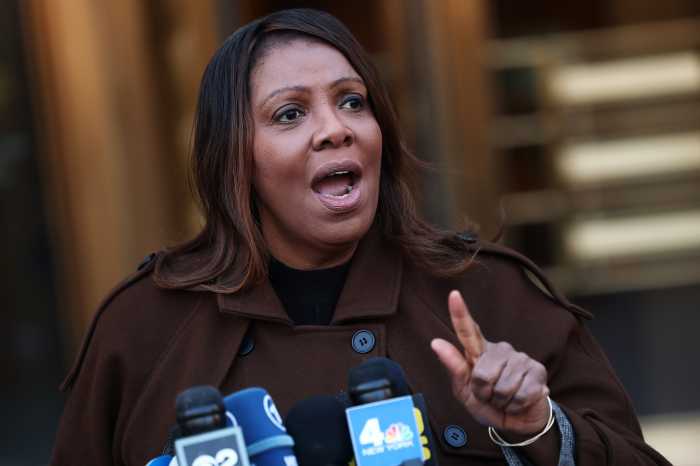Each year, Black History Month represents an important time to honor the many leaders who came before us and reflect on what steps we must take now to keep advancing the mission of pursuing racial justice. In New York City’s development and construction industry, where too many minority workers and business owners are still locked out of jobs and contracts, moving toward racial justice also means advancing economic justice for men and women of color.
The New York State Legislature has a crucial role to play in this discussion – and we now have an exciting opportunity, as both houses of the Legislature are now led not only by Democrats but by strong New Yorkers of color. But lawmakers will not be able to effectively deliver more good jobs and contracts for minority workers and MWBEs without a clearer action plan.
As part of its work to recognize and advance the ideals associated with Black History Month, the Legislature must commit to holding a public hearing on the lack of diversity in New York City’s development and construction industry. Holding such a hearing should enable lawmakers to create and implement a specific legislative and policy plan for expanding opportunities for men and women of color across the industry.
And while it is incumbent upon our lawmakers to develop a clear plan, we also know that we, as clergy members of color from communities across the five boroughs, have an important voice in this process. We believe that the Legislature must focus on several priorities with regard to considering new policies or legislation, as well as reforming or rejecting existing legislation or new proposals that would obstruct access to the industry for men and women of color.
First, it needs to be understood that New York City’s minority workforce needs greater access to the skills training essential for advancement in today’s development and construction industry. State lawmakers can start by ramping up training budgets to fund expanded workforce development programs. They also need to remove historic barriers to employment and prevent the erection of new barriers that will block opportunity for minority workers.
Second, the Legislature must also move to increase access for MWBE contractors to participate in far more construction projects across the city. Right now, burdensome costs and unnecessary regulations are making it impossible for these small businesses to compete against larger, more established firms.
Third, the Legislature must reject a recently introduced bill that would expand the so-called prevailing wage mandate to many more large construction projects across New York City. Prevailing wage has nothing to do with ensuring a living wage for workers. Instead, it would essentially incentivize developers to utilize an all-union workforce that is less likely to maximize local hiring and racial diversity. These additional costs would also prevent even more MWBE contractors from having the chance to bid on new construction projects. That kind of legislation is not progressive in any sense of the word – and, as such, we hope state lawmakers will not move to expand prevailing wage mandates this year.
Of course, there is much more that needs to be discussed on this issue beyond these significant priorities. But that is just another reason why the Legislature must commit to holding a public hearing to help develop and implement a serious plan to expand opportunities for minority workers and business owners in the development and construction industry. This is part of what Black History Month is really about and we look forward to seeing whether lawmakers will step up to the plate on this deeply important issue.
Bachus is associate pastor of the Abyssinian Baptist Church in Harlem. Miller is pastor of Brown Memorial Baptist Church in Brooklyn. Dr. Mootoo is pastor of The Historic Emanuel AME Church in Harlem. They are founding members of the 400 Foundation.

























